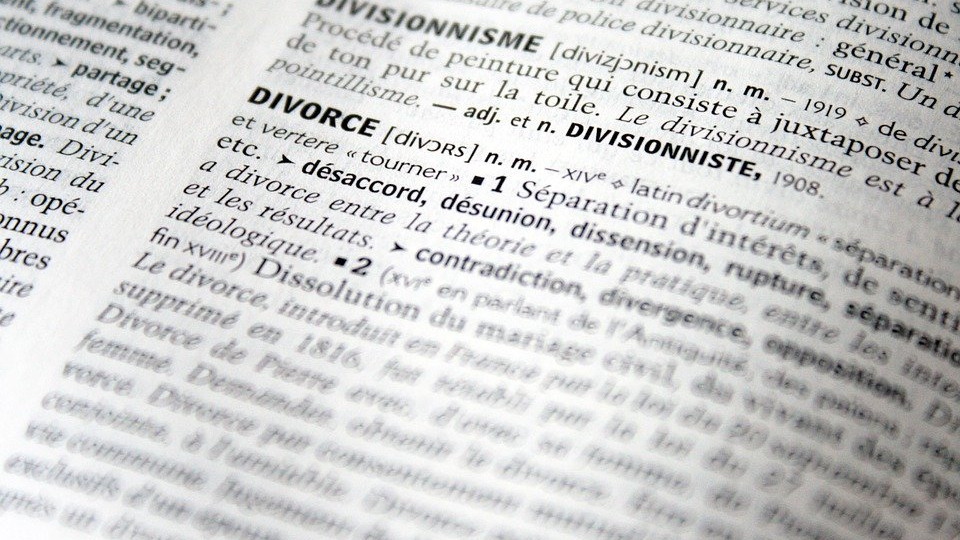
Disclaimer: This blog is only intended for educational purposes and shouldn’t be used as a substitute for legal advice.
It’s no mystery that a troubled partnership can harm one’s psychological health. So, how can you get yourself out of this predicament? You can find a way to work it out and keep the relationship together. However, is it worth risking your wellbeing for?
You might be startled to learn that two million Canadians divorced in 2020. It’s essential to consult a family lawyer about the case, and you want to assure your divorce goes as smoothly as possible.
Take a look at the most common types of divorce in Canada:
1. Collaboration Divorce
Both parties decide that they don’t wish to take the matter to court in a collaborative divorce. This relationship breakdown is done in stages, with financial experts assisting with economic matters, counsellors providing advice for the youngster’s welfare, etc. Discussions and disclosures are an important aspect of this method of conducting a divorce until a definitive settlement in all aspects is obtained. The contract is then presented to the judge, who will investigate and conclude the divorce.
2. Contested Divorce
The kind of relationship breakdown that most people seek to avoid is a contested divorce. Anyone who differs from their partner on any relationship breakdown subject can employ the contested divorce proceedings. An uncontested divorce becomes contentious when either partner disputes with any provision of their negotiated legal settlement. If this occurs, the partners will have to go to court to decide the matters.
Contentious divorces are costly compared to the other types. While the registration charges for contested and uncontested settlements are the same, the lawyer’s bills will add up quickly after you employ a lawyer.
In most cases, both partners will have to hire lawyers. The lawyers will undertake the marital investigation, which entails each party formally requesting records or other evidence and presenting that proof throughout the divorce proceedings. In a contested divorce, partners may be called to appear before the magistrate, eyewitnesses may be called, and independent professionals may be called in to address unresolved disputes.
3. Uncontested Divorce
An uncontested divorce occurs when both partners can agree on the parameters of the divorce without the necessity for the judiciary to distribute resources or make decisions for them regarding alimony or childcare costs, or guardianship. This is an instance of cooperative arbitration, in which divorcees discuss the details of their marriage settlement contract without filing charges.
Uncontested divorce, also known as a “friendly relationship breakdown,” is a popular choice for many purposes, including convenience, expense, autonomy, and confidentiality. Uncontested divorce through the internet is an excellent choice for spouses who can cooperate and agree on the parameters of their split.
An uncontested divorce is much less costly than a regular contentious relationship breakdown and comes with fewer drawbacks.
4. At-Fault Divorce
Nearly two-thirds of states in the United States still enable couples to divorce based on wrongdoing. In a fault split, one partner may claim that the other caused the partnership to fail by doing something. The fault reasons vary by state. However, the following are among the most prevalent:
- Infidelity.
- Physical abuse.
- Mental abuse.
- Neglect.
- Substance abuse.
- A misdemeanour conviction.
![A professional divorce lawyer in an office]() Get In Touch With Nanda & Associate Lawyers Professional Corporation To Hire A Trustworthy Divorce Lawyer
Get In Touch With Nanda & Associate Lawyers Professional Corporation To Hire A Trustworthy Divorce Lawyer
At Nanda & Associate Lawyers Professional Corporation, we are the best-rated Canadian divorce lawyers in Mississauga. We have a team of experienced family lawyers that can assist in resolving property disputes and custody cases. We take the time to get to know you and your situation and then devise a plan of action personalized to your needs. We have a strict no-discrimination policy at their firm. The team provides excellent counselling to people based on their ethnicities and background in Canada.
Book a consultation with us now and let us help you out with your case.



 Get In Touch With Nanda & Associate Lawyers Professional Corporation To Hire A Trustworthy Divorce Lawyer
Get In Touch With Nanda & Associate Lawyers Professional Corporation To Hire A Trustworthy Divorce Lawyer

